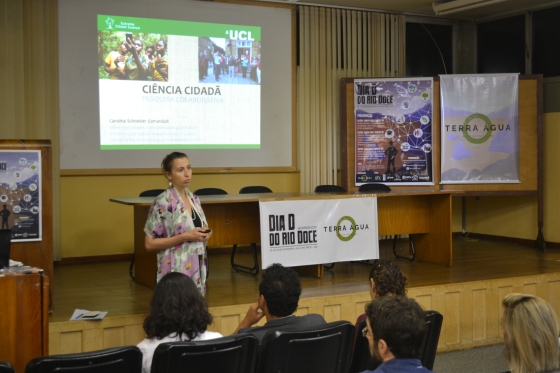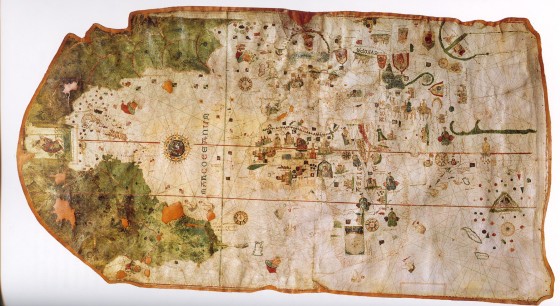On November 5 2015, a dam situated in the State of Minas Gerais (Brazil) collapsed, spreading millions of litres of … More
Category: Brazil
Reuniting people and maps: Participative Mapping 2017 at Cal Poly
Maps have changed the world. If you’ve visited Madrid’s Naval Museum, you will have seen a map drawn by an … More
Building Community Protocols with the Ashaninka from Apiwtxa
The community protocol meeting for the Ashaninka Land Monitoring Project happened on September 5, in Apiwtxa village, with the participation … More
Skydiving, LEGO and my PhD: how I applied Extreme Citizen Science in the Pantanal, Brazil
Guest post by Rafael Chiaravalotti, PhD student in the Department of Anthropology at UCL I never liked extreme things. When … More




